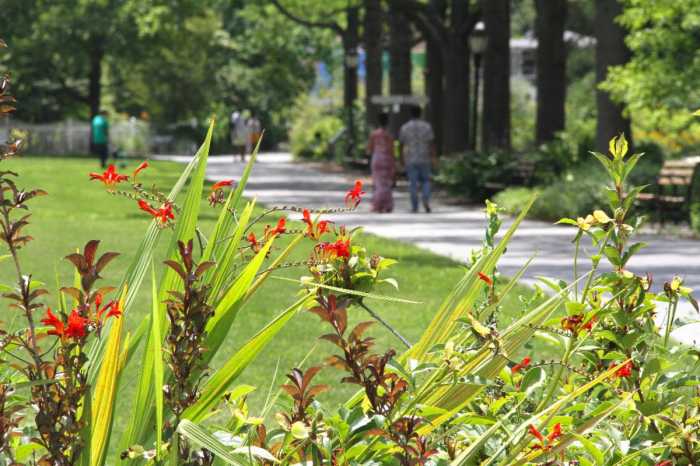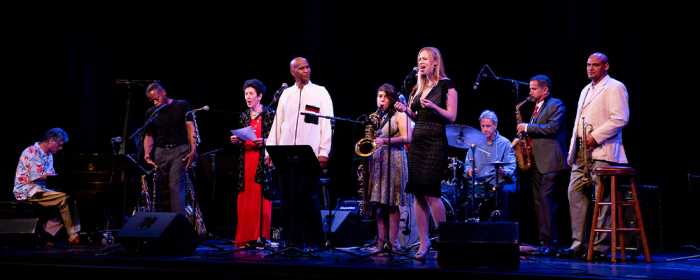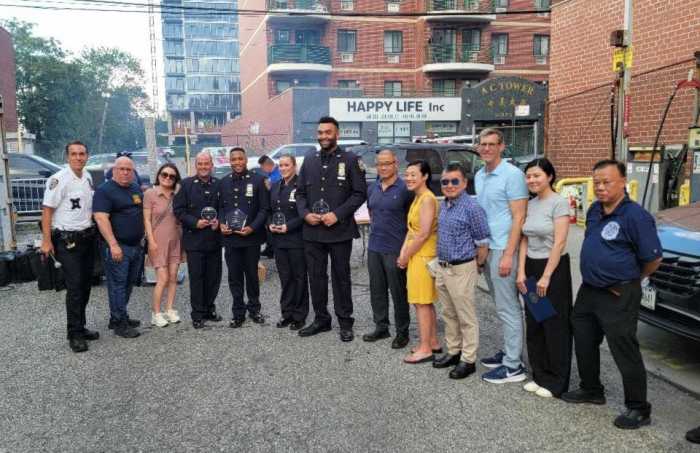Terry Harris is an African American who owns a newly opened barbershop in Flushing. He has cut hair his whole life, taking over a shop which his Aunt owned for nearly 50 years and then opening up his own, called Outlines Barbershop at 42-30 College Point Boulevard.
"Its not really profiting, but were hanging in there," says Harris, who not only views his five-month-old shop, which he co-owns with Kwame Garnett, as a place to get a trim, but as a neighborhood haunt for locals to congregate.
The Concerned African Americans of Flushing, a group dedicated to unifying local blacks, views entrepreneurs like Harris integral to their cause. "We encourage blacks to start businesses in Flushing," said Al Rankins, chair of the group.
The percentage of non-Hispanic African Americans living in Flushing hovers around 3%, according to US Census 2000 statistics. The group was formed by Josephine Jones in 1992, originally for women of color. Since then, both men and women have played an active role, organizing Kwanzaa events, sports outings and cultural programs for children.
Many African Americans in Flushing have lived there for more than two decades. "One of the main things we want to do is to encourage blacks to become more involved in the community life of Flushing," said Rankins, who has lived in the area since 1975. "We honor young people who are working behind the scenes at our awards breakfast held every August." This years breakfast was held at the Palace Diner in Flushing, last Sunday.
Rankins also encourages members of his group to run for political office. John Rosario, a member of Concerned African Americans of Flushing, was elected District 22 leader last fall. Hes lived in Flushing for the past 15 years and would like to get the streets cleaned up. Hed prefer that many of the storefront signs that line Main Street to be printed both in English and Chinese.
Although African American-owned businesses are few and far between in Flushing, which is 44% Asian, Harris is still optimistic about his barbershop, which usually serves five to ten customers per day: "Our goal is to open a chain. If we can reach that level, it would be great. Right now, were just interested in making this a community shop and bring back ethnic unity into the neighborhood."



































